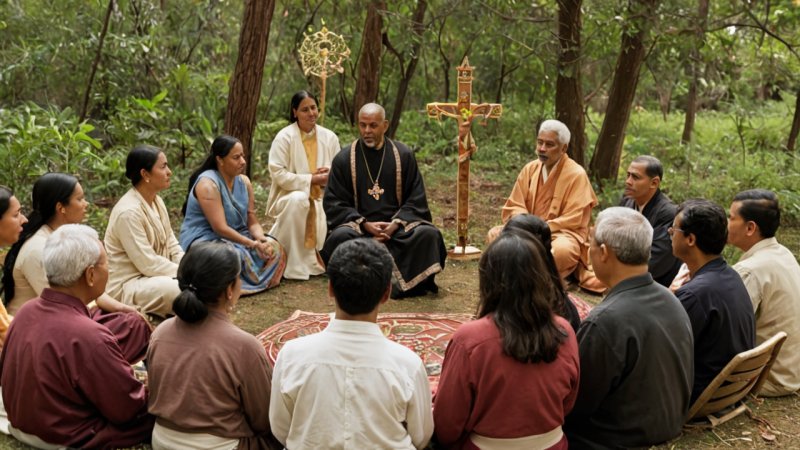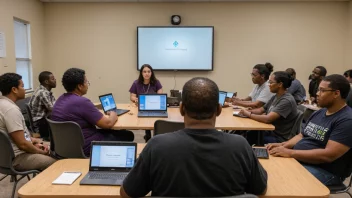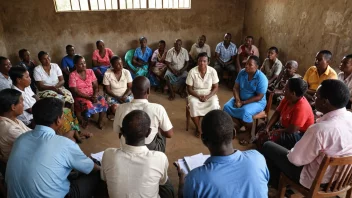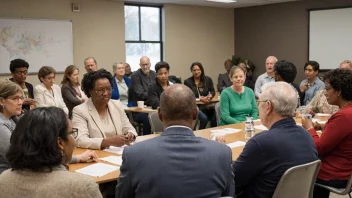1. Understanding Spirituality in Peacebuilding
Spirituality encompasses a broad spectrum of beliefs and practices that can foster peace and reconciliation. By recognizing our shared humanity, spiritual frameworks often encourage dialogue and understanding among conflicting parties.
2. Emphasizing Shared Values
Many spiritual traditions emphasize common values such as compassion, forgiveness, and love. Highlighting these shared values can serve as a bridge between different communities, fostering collaboration and mutual respect.
3. Creating Safe Spaces for Dialogue
Spiritual leaders and organizations can create safe environments where people from diverse backgrounds can come together to share their stories and experiences, facilitating healing and understanding.
4. Utilizing Rituals for Healing
Rituals can play a significant role in the peacebuilding process. They provide a structured way for communities to process grief, express remorse, and seek forgiveness, ultimately paving the way for reconciliation.
5. Integrating Spiritual Practices into Conflict Resolution
Incorporating meditation, prayer, or other spiritual practices into conflict resolution efforts can help individuals cultivate inner peace, which is essential for fostering peace in broader communities.
6. Engaging Youth through Spiritual Education
Educating young people about spiritual values can empower them to become advocates for peace. Programs that promote empathy, respect, and understanding among youth can help build a more peaceful future.
7. Collaborating with Diverse Spiritual Communities
Peacebuilding efforts can be strengthened by collaborating with various spiritual communities. By working together, these groups can pool resources, share knowledge, and amplify their impact on peace initiatives.
8. Promoting Interfaith Initiatives
Interfaith dialogues can be instrumental in breaking down barriers between different religious groups. These initiatives encourage respect and understanding, helping to prevent conflicts fueled by religious differences.
9. Documenting Success Stories
Sharing stories about successful peacebuilding efforts that utilized spirituality can inspire others to take action. Highlighting these examples can motivate individuals and organizations to adopt similar approaches.
10. Encouraging Personal Reflection and Growth
Encouraging individuals to engage in personal spiritual reflection can foster a greater understanding of their own beliefs and values. This self-awareness can lead to more compassionate interactions with others, essential for peacebuilding.
In conclusion, the integration of spirituality into peacebuilding efforts offers a unique and powerful approach to resolving conflicts. By emphasizing shared values, creating safe dialogue spaces, and promoting interfaith initiatives, we can foster a culture of peace and understanding. Each of us has a role to play in this transformative journey, and by embracing our spiritual dimensions, we can contribute to a more harmonious world.






